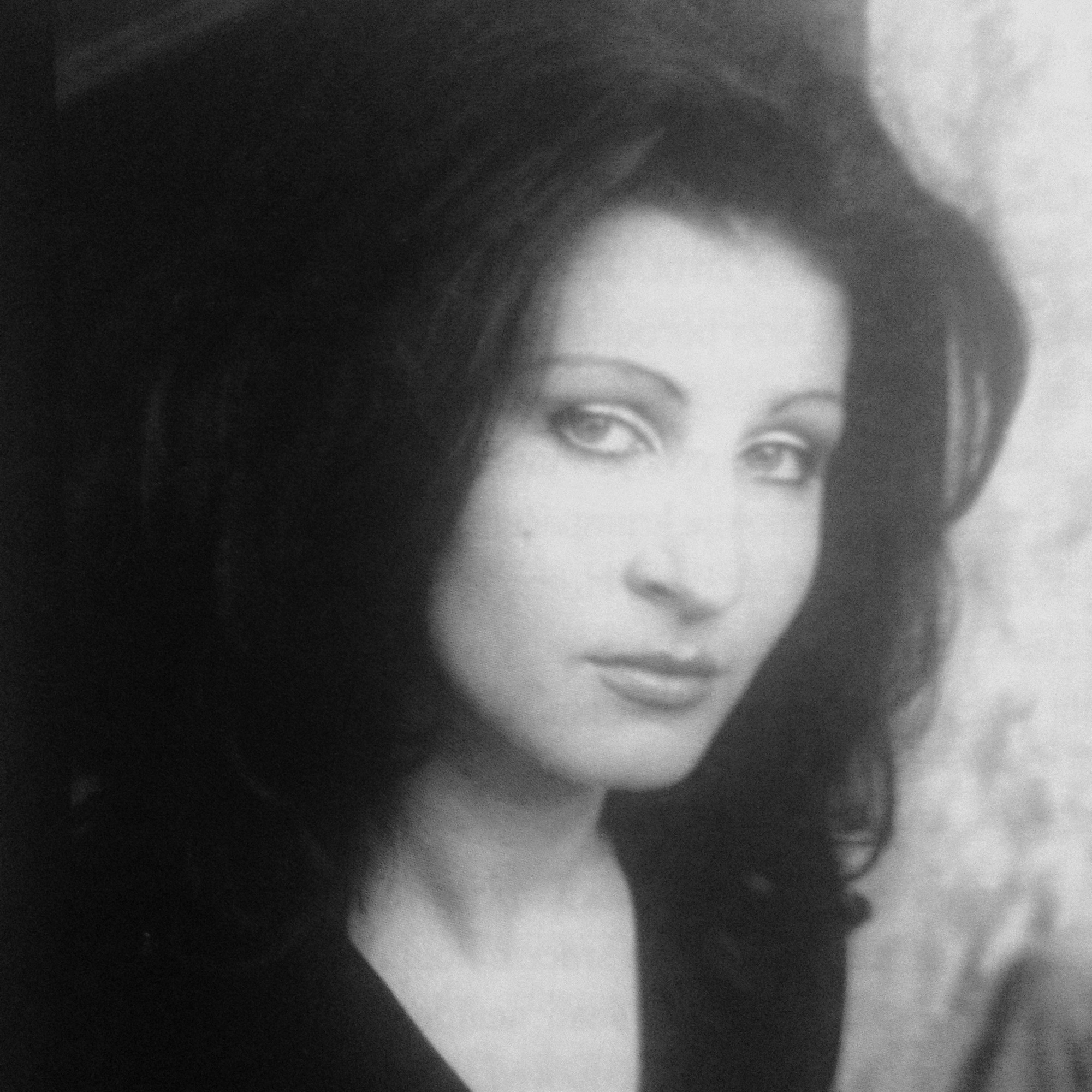Living in truth, acordding to your heart.
Dáša Vokatá was born in 1954 in Karviná; she grew up in Ostrava. She graduated from a secondary school of chemistry and took up employment as a laboratory assistant at the Vítkovice Iron Works. Her life changed when her father, disillusioned by the turn of events following the 1968 invasion, committed suicide in 1976. She left her job and her city and set out to wander the country in search for answers to her questions. She found them in the underground scene. She lived in the „free house“ in Rychnov near Děčín, which was one of the centres of underground culture. She married and had two children. However, the regime ousted them from the house, and so she and her family moved back to Ostrava. After signing Charter 77 she and her husband Zdeněk Vokatý were repeatedly fired from each job they found, and the family was often on the move. The persecution became so unbearable that they decided to emigrate to Austria. Dáša Vokatá lived in Vienna until 1989. Many of her colleagues from the underground returned after that, but her children did not want to leave Austria, and so she spent her time alternately in one country and the other. She bought a house near Ivan Martin Jirous, and the two entered into a relationship. She lived with him, and they toured the country with a programme of songs and poems until his death in 2011. She then formed an artistic duo - the Oldáš - with Oldřich Kaiser. The two of them are also partners.


